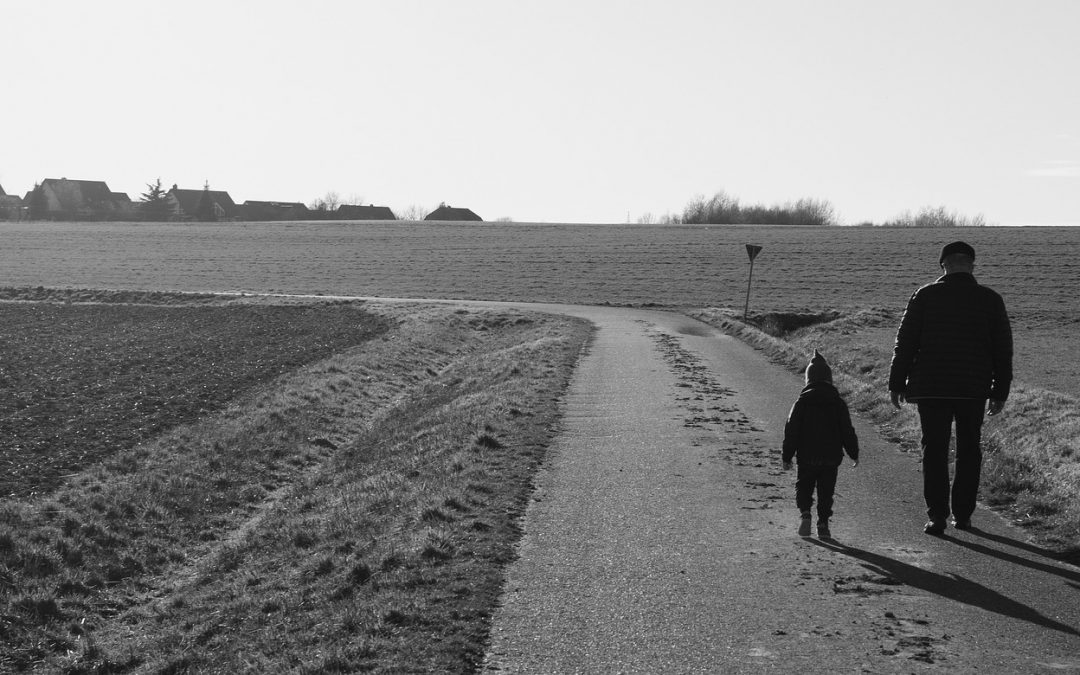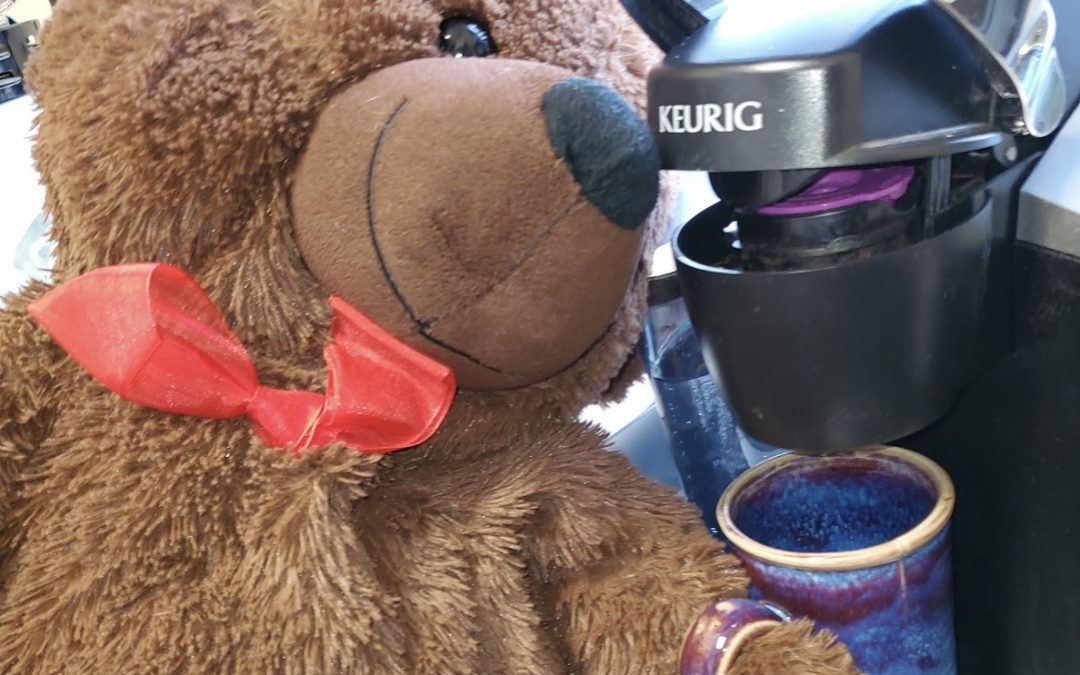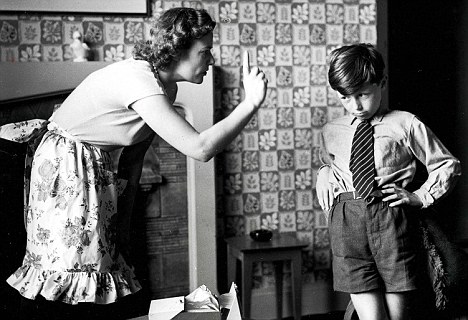
Nothing New Under The Sun
Let’s challenge the notion that there’s nothing new under the sun. Navigating the journey through childhood and adolescence these days is nothing like the world these kids’ parents and grandparents traversed. To begin with, everything is more intense.
To make matters worse, the window of childhood has shrunken down to about ten years. Puberty and all of the other adult-level stressors launch at about 4th grade. These kids’ parents are barely out of their 30s, about the age when adults start to figure out the parenting puzzle.
Fortunately, the modern parenting landscape isn’t as bleak as it sounds. Humans are the only mammal whose lifespan extends beyond childbearing capacity. Mothers have the opportunity to lean on grandmothers who lean on great-grandmothers. Fathers lean on grandfathers who lean on great-grandfathers.
While the landscape is nothing like the challenges faced by the two previous generations, the example of our elders still offers relevant guideposts. Whether it’s how to or how not to, the history and experience of our predecessors help to shape our current perspective and actions.
A colleague once shared that most of the good parenting decisions she and her husband had made were nothing more than luck plus experimentation based on what they knew didn’t work in their own histories. The kids weren’t born with instruction manuals and neither of them had been raised in families with reliable role modeling.
Eventually, we all figure it out. Learning from others, however, is far more efficient. Whether the guiding precedent comes in the form of a therapist, a parent, or a grandparent, why wait for life to solve its own puzzles?
Asking for help is a strength.

About the Author
Steve Ritter, LCSW is the Founder and Executive Director of Elmhurst Counseling. He has served as a teacher, author, consultant, human resources director, health care administrator, and licensed clinical social worker since 1977. A fellow of the American College of Healthcare Executives, Steve has provided coaching, therapy and team development services to thriving schools, businesses and organizations.






